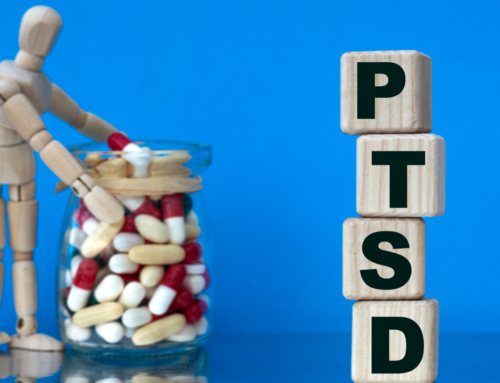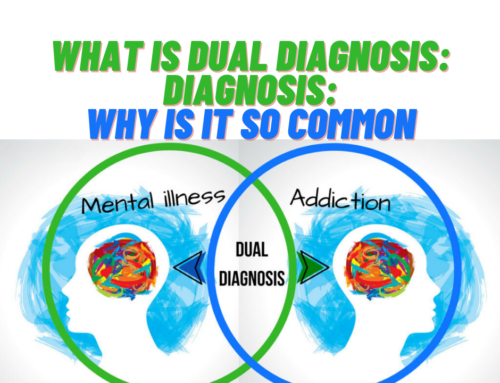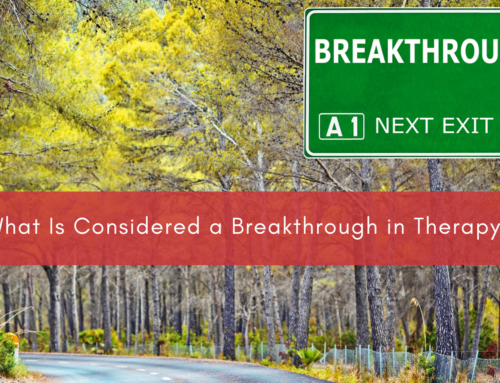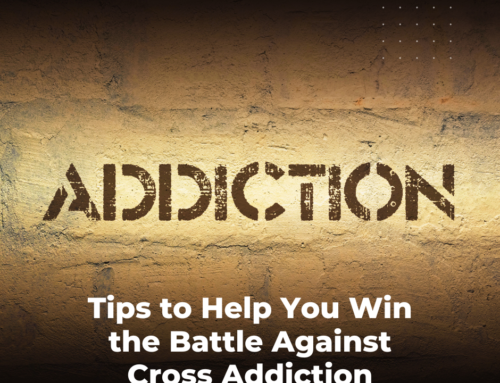The soul does not sustain work alone, on good thoughts and deeds, or anything else by itself. What is needed is a mixture of people, places, and things that give good balance and structure to your day. Addiction becomes a one-sided game where it distorts the reality of life and often leads to difficult relationships with yourself and others.
You might even lose your job, the thing you work hardest at, over addiction to the work itself or success at work. The challenges are great but your will and power to overcome it can be stronger if you realize workaholism is not really about the work in itself. It is about so much more.
Understanding Workaholism
If you struggle with workaholism, you are likely someone who works really hard, becomes almost obsessed with work output and is addicted to the control and power of approval and recognition. When this becomes stripped away, you don’t know who you are anymore. Living your life defined by what you do and how you do it can be crippling if those things fall away.
Quite often, people are not just workaholics, they may also struggle with mental health and other addiction issues which keep them from living a healthy, balanced existence. Nothing and nobody else will matter, eventually. The only thing you need to do is trust that you can overcome it with some support and guidance of loved ones.
Hard Work vs. Alcoholism
There are unique differences between someone who merely works hard and a person who has workaholic tendencies. Even though someone might work hard, they stay present for themselves and others, taking care of their needs and the needs of loved ones.
Even when someone works hard and pushes through difficult times, they come out and rebalance themselves. If a person has workaholism, they struggle to rebalance away from work towards self-care and connection. Conservation of energy for loved ones is important, as well as oneself, to stay healthy emotionally and physically.
How to Heal
Fear is often the destabilizing face of workaholism and obsession with the work output. When a person is stripped of their addiction to work, substances, or anything else, they realize how much they depended on those things to care for their fears, anxieties, worries, shame, and other things that kept them locked inside the addictive tendencies.
When someone can recognize the fear underneath, as the layers of addiction, they can begin to heal at the source. When someone struggles to cope with this alone, it can be hard, but loved ones often play a pivotal role in helping bring them out of addiction. Contacting a professional treatment program can help in diagnosing and offering supportive services to move them towards healing. In order to heal, it is good to look at dual diagnosis programs that support mental health and addiction.
Where there is one addiction, there may be other issues to address. A holistic approach can help look at mind, body, and spiritual aspects to offer a long-term healing journey that feels comprehensive and supportive. Although there is no cure for addiction, people can often find a way of living that lets them thrive in spite of their addiction.
Alta Loma helps people find their true selves under the layers of addiction. We support you with programs, supportive services and treatment protocols that focus on healing from the inside out. If you are struggling with addiction, we can help. Call us to get started: 866-457-3843.



